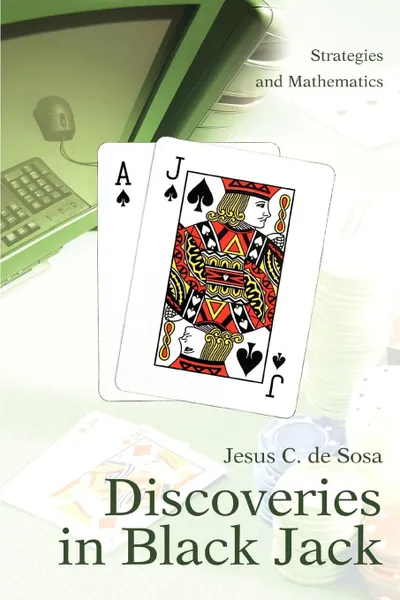Discoveries in Black Jack. Strategies and Mathematics 12+
📗 This book is about computer simulation, experiments, and theoretical approaches to unify various strategies in black jack. The computer simulation uses the simple strategy that a player must stay when the number of low cards is two or more. Otherwise, when the number is exactly one then the player must hit. Contrary to the author's expectations, the simple strategy did give consistent positive results for the player. Experimenting further, the author found other observations that are important in winning such as when to start playing, busting condition of the dealer, and the shifting property of the cards. The author unified all the observations using the TM*L model. In the model, T represents the tens 10, J, Q, and K. The M* represents the medium cards 7, 8, and 9, and the ace. L represents the low cards from 2 to 6. He also represented the game using a partial differential equation. The solution of the equation showed the sensitivity of winning with the tens, the medium cards, and the low cards. In addition, the solution verified the shifting property of the cards. The property shows that good cards move from the player to the dealer. Conversely, they can move from the dealer to the player.
Мнения
